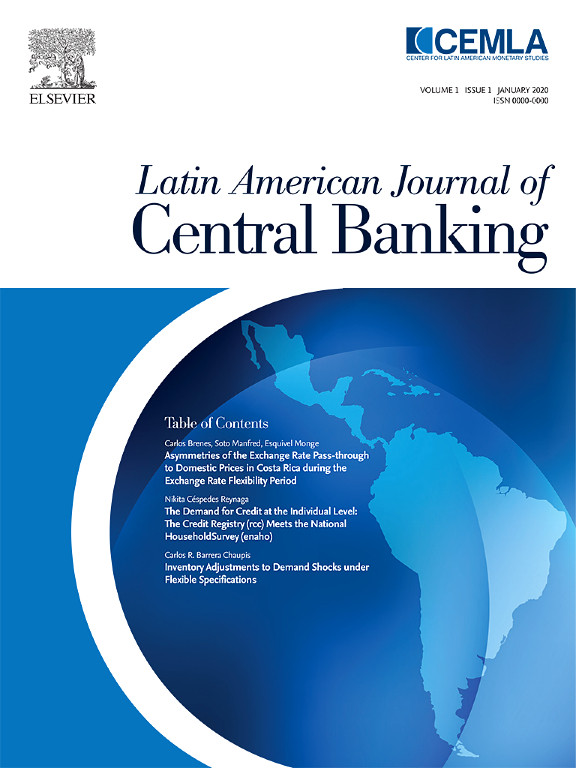
Lo más reciente
This policy note analyses the impacts of climate change on a small and open economy, emphasizing its effect on monetary policy. We use a New-Keynesian model to evaluate short- and long-term effects of transition climate change shocks – a permanent and anticipated shock to total factor productivity and an increase in carbon taxes – on main macroeconomic variables, such as potential output, natural interest rate, inflation, and real exchange rate. The results suggest a gradual decline in potential output attributable to climate change, leading to increased production costs. Regarding the short term, the natural interest rate and inflation decrease. The timing of climate change effects on productivity will dictate the extent of their impacts and the response required from monetary policy. In a small and open economy such as Colombia, carbon taxes have a quantitatively low impact on macroeconomic variables in both the short and long run.
 Jesús Antonio Bejarano-Rojasa,
Jesús Antonio Bejarano-Rojasa,  Daniela Rodriguez-Novoaa
Daniela Rodriguez-Novoaa